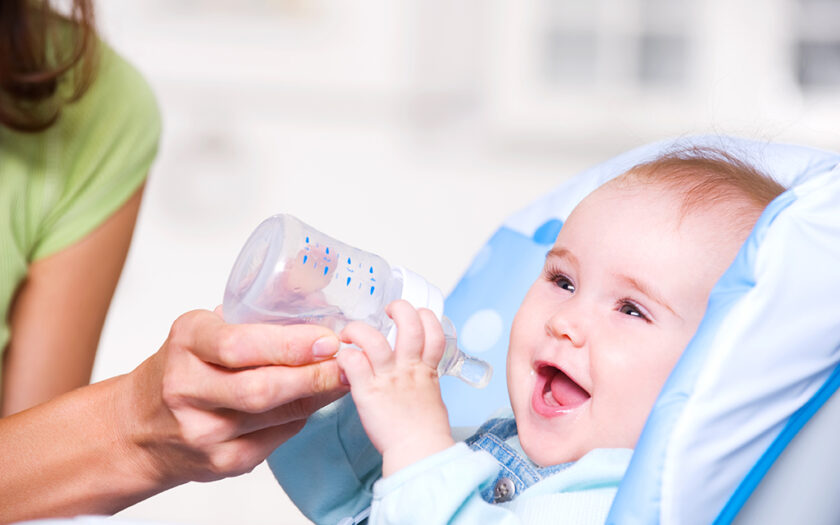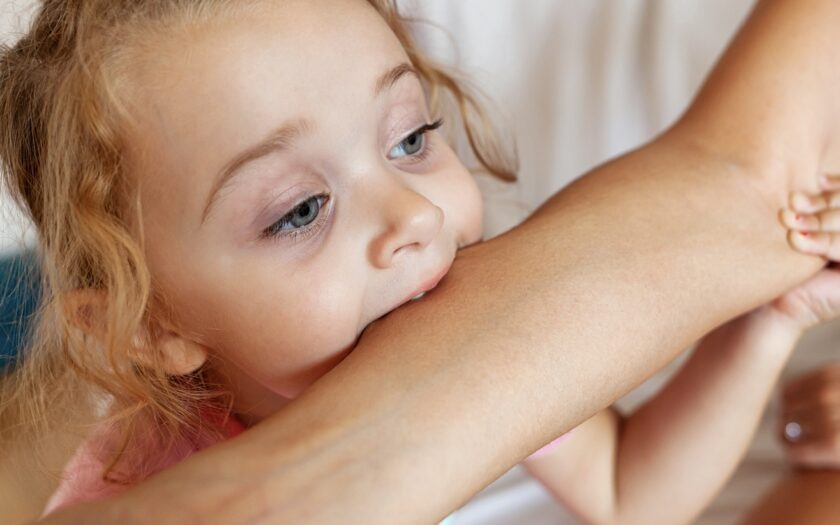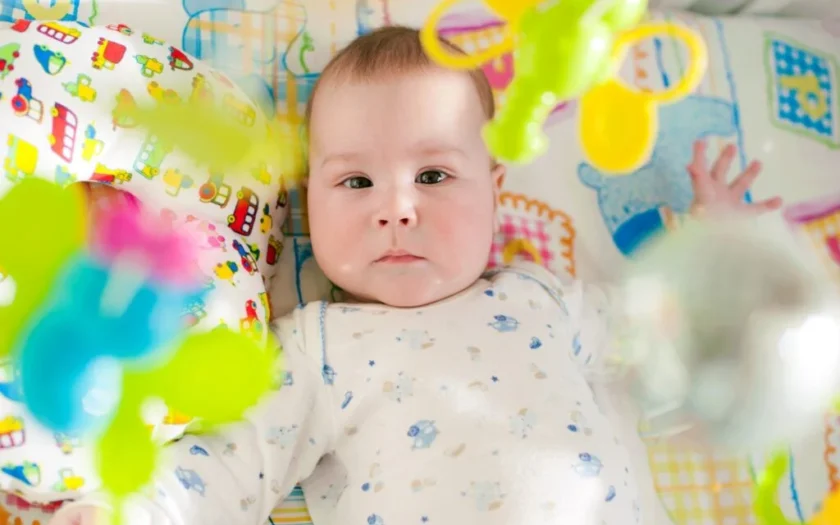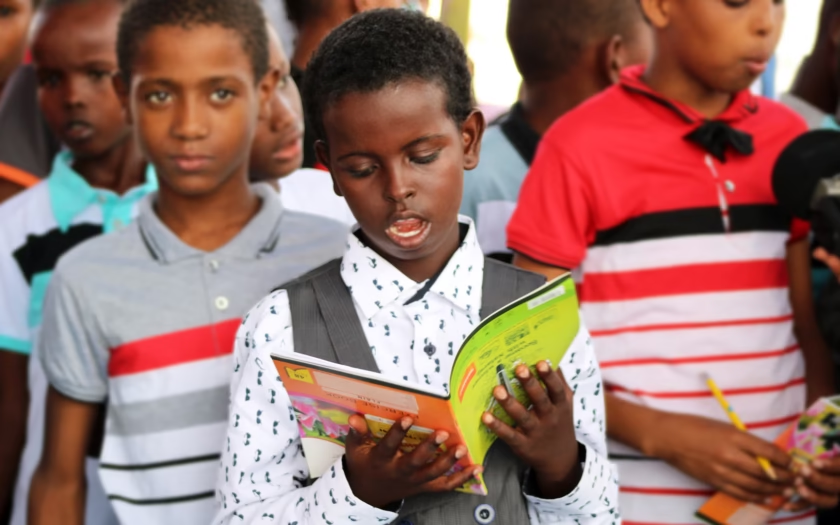Up until the age of six months, breastmilk or formula serves as both sustenance and hydration for your baby, fulfilling all their nutritional requirements, even during warm weather. Breast Milk is rich in essential nutrients and components crucial for your baby’s development during this stage. Introducing water prematurely may disrupt their intake of breastmilk or formula, potentially jeopardizing their growth.
Moreover, offering excessive water or heavily diluted formula to your baby can lead to severe health complications. The abundance of water can disrupt the balance of vital nutrients in your baby’s bloodstream, posing serious risks, including fatality. Therefore, it’s vital to adhere to the recommended feeding guidelines and avoid introducing water or diluted formula before the age of six months.
Understanding Infant Hydration: When Can Babies Safely Drink Water?
Once your baby reaches approximately 6 months of age, it’s safe to introduce small amounts of boiled and cooled tap water, but it’s crucial not to replace their breastmilk or formula intake. Breastmilk or formula should remain their primary source of hydration until they reach 12 months old.
Upon reaching the milestone of 12 months, your baby’s primary beverages should consist of water and cow’s milk or continued breastfeeding. These liquids can be offered in a cup format, eliminating the necessity to boil tap water once your baby has reached this age.
As your baby begins to explore solid foods, incorporating water into their mealtime routine is beneficial. Providing water in a cup during meals not only aids in preventing constipation but also facilitates the development of cup-drinking skills. Encouraging your baby to become adept at drinking from a cup is essential, as it becomes their primary mode of hydration from 12 months onward.
Keeping Your Baby Hydrated in Warm Weather: Essential Tips and Guidelines
During periods of elevated temperatures, it’s crucial to increase the frequency of breastfeeds or bottle-feeds for babies under 6 months old. However, it’s advisable not to offer water unless specifically recommended by a healthcare professional.
Babies might display an increased desire to feed more frequently but for shorter durations during hot weather. For breastfeeding mothers, maintaining adequate hydration is equally important; ensuring you drink enough water is essential.
To enhance the comfort of both you and your baby during breastfeeding in hot weather, consider the following tips:
- Place a towel, sheet, or pillowcase between yourself and your baby to minimize direct skin contact, which can help regulate temperature.
- Opt for lying down while breastfeeding to further reduce skin contact and promote comfort for both you and your baby.
Monitoring your baby’s hydration status is vital. A good indicator of proper hydration is if your baby produces 6 to 8 pale, wet nappies over a 24-hour period. This signals that they are receiving sufficient fluids to stay adequately hydrated.
Hydration Tips for Babies with Fever: What to Offer Your Little One
If your baby has a fever and is under 6 months old, it’s important to keep them well-hydrated. If they are breastfed, you may need to offer extra breastfeeds. For formula-fed babies, offer smaller amounts of formula more frequently. Do not offer water unless specifically advised by your doctor, as young infants have different hydration needs.
For babies older than 6 months, continue breastfeeding or formula feeding. You can also offer water between feeds to help keep them hydrated. It’s common for children to lose their appetite when they have a fever, but as long as they are drinking enough fluids, this is usually not a cause for concern. Monitor their fluid intake to ensure they stay hydrated.
If your baby is under three months old and has a fever above 38°C (100.4°F), seek medical attention promptly, even if they do not have any other symptoms. Fever in very young infants can be a sign of a serious infection, and it’s important to get a professional evaluation.
Safe Drink Options for Your Baby: What You Need to Know
Fruit juice, soft drinks, and cordial are not recommended for babies under 12 months old due to their high sugar content and lack of essential nutrients. Introducing these beverages too early can contribute to poor nutritional habits and increase the risk of tooth decay and obesity.
Caffeinated drinks such as tea, coffee, and energy drinks, as well as alcohol, are not recommended for children of any age. Caffeine can affect children’s developing nervous systems and interfere with sleep patterns, while alcohol is dangerous and can have serious health consequences. It’s essential to stick to healthy drink options appropriate for your child’s age to support their growth and development.



